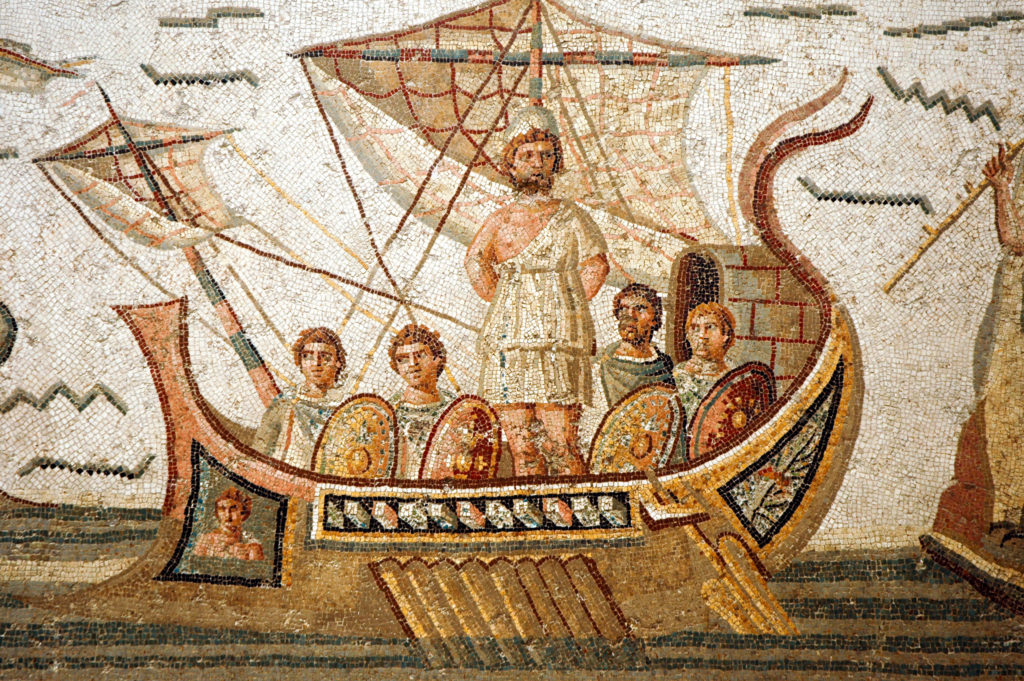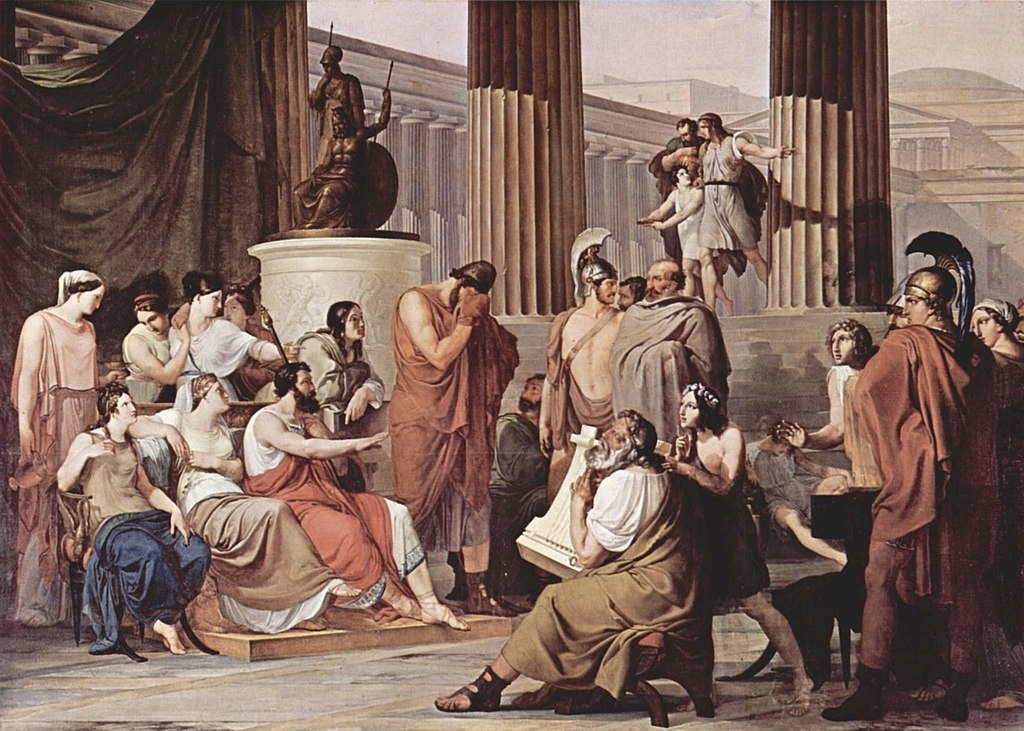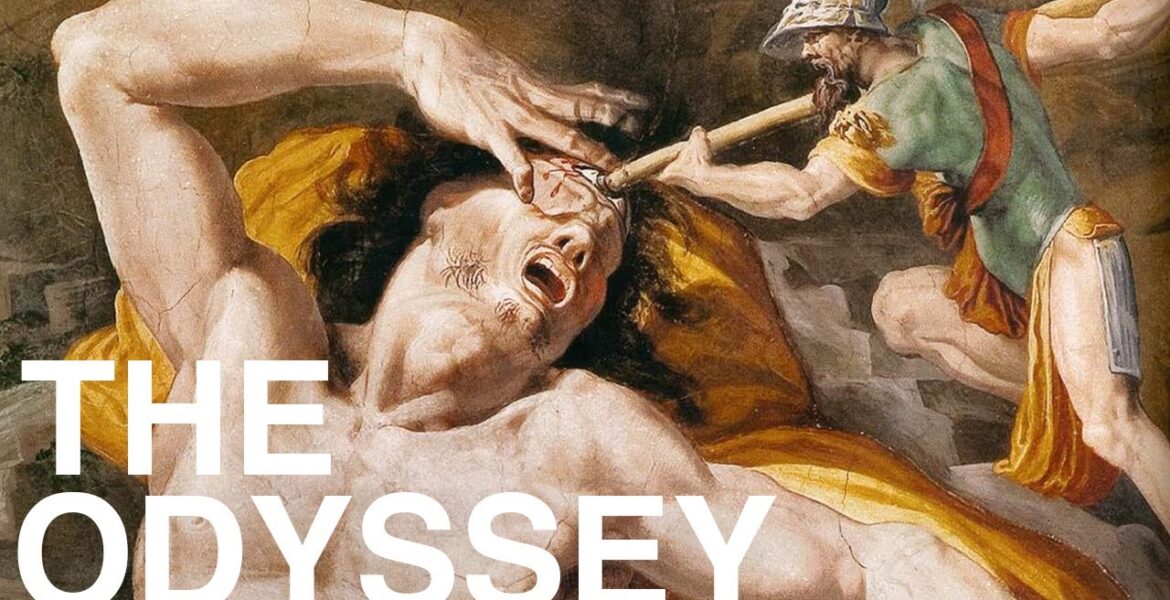The Odyssey - Homer’s Odyssey is regarded as one of the greatest stories of all time, having played a pivotal role in both Greek Mythology and Western civilisation for the last 2,500 years.
Having constructed the Trojan Horse, Odysseus had ensured victory against all odds and proved his reputation as the most cunning of the Greeks.
But throughout it all, Odysseus only longed for one thing, to finally return to his homeland of Ithaca where he could be reunited with his wife and son.
However, while his family awaited his return, Odysseus’ journey home would take 10 long years, during which he and his crew would have to face the most terrifying creatures known to man.
A journey so epic, its tale would be told for thousands of years. This is his story:
The Odyssey is one of two major ancient Greek epic poems attributed to Homer.
It is, in part, a sequel to the Iliad, the other Homeric epic.
The Odyssey is a fundamental work in the modern Western canon, being the oldest extant piece of Western literature, second to the Iliad.]
Scholars believe the Odyssey was composed near the end of the 8th century BC, somewhere in Ionia, the Greek coastal region of Anatolia.
The poem mainly focuses on the Greek hero Odysseus (known as Ulysses in Roman myth), king of Ithaca, and his journey home after the fall of Troy.
It takes Odysseus ten years to reach Ithaca after the ten-year Trojan War.
In his absence, Odysseus is assumed to have died, due to which his wife Penelope and son Telemachus must deal with a group of unruly suitors, the Mnesteres or Proci, who compete for Penelopes hand in marriage.
The work continues to be read in the Homeric Greek and translated into modern languages around the world.
Many scholars believe the original poem was composed in an oral tradition by an aoidos (epic poet/singer), perhaps a rhapsode (professional performer), and was more likely intended to be heard than read.

The details of the ancient oral performance and the story's conversion to a written work inspire continual debate among scholars.
The Odyssey was written in a poetic dialect of Greek-a literary amalgam of Aeolic, Ionic, and other Ancient Greek dialects-comprising 12,110 lines of dactylic hexameter.
Among the most noteworthy elements of the text are its non-linear plot, and the influence on events of choices made by women and slaves, besides the actions of fighting men.

In the English language, as well as many others, the word odyssey has come to refer to an epic voyage.
The Odyssey has a lost sequel, the Telegony, which was not attributed to Homer, but rather, in antiquity, to Cinaethon of Sparta.
In one source, the Telegony is said to have been stolen from Musaeus of Athens by either Eugamon.
READ MORE: Plato – The Allegory Of the Cave (VIDEO)


